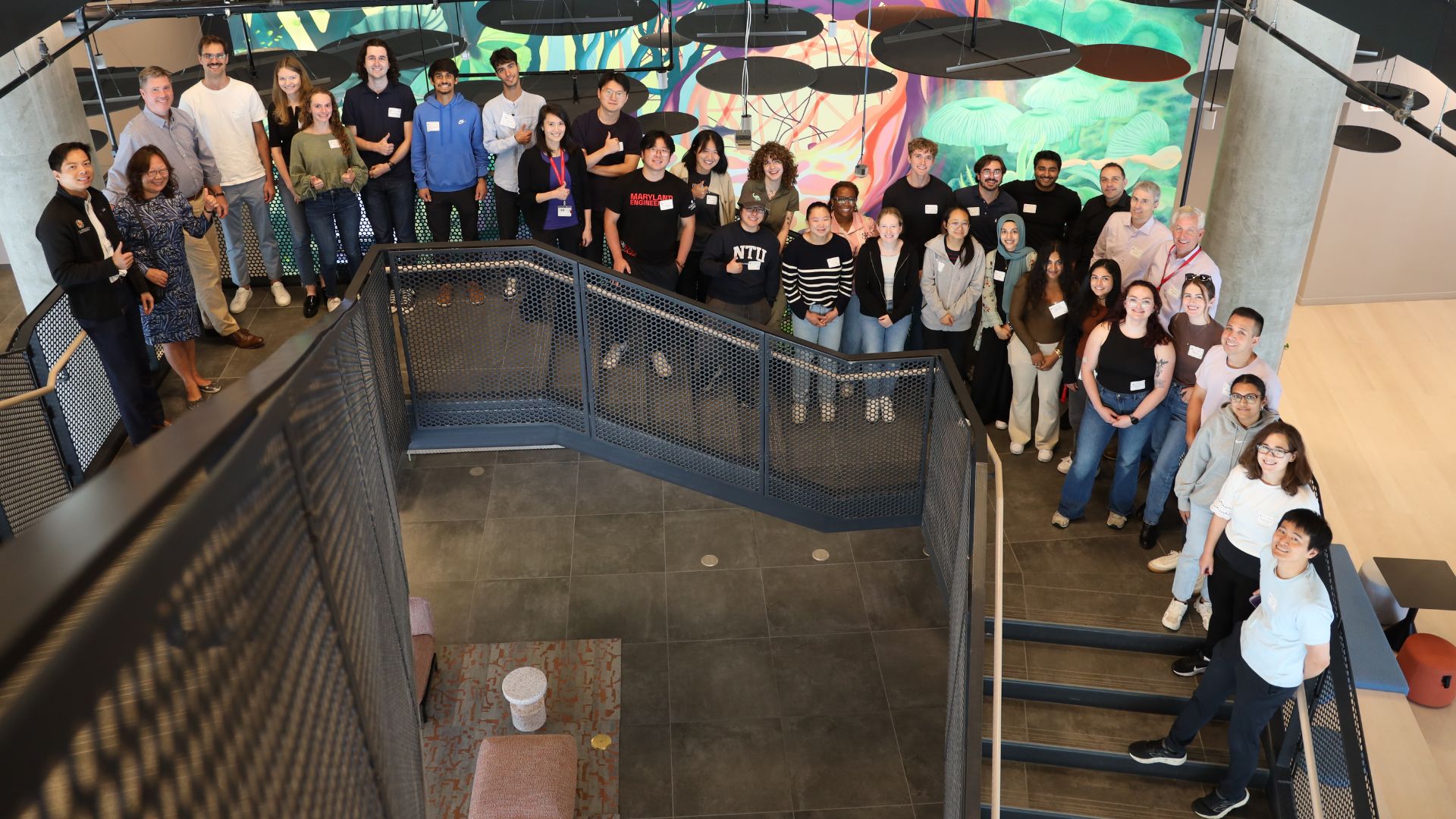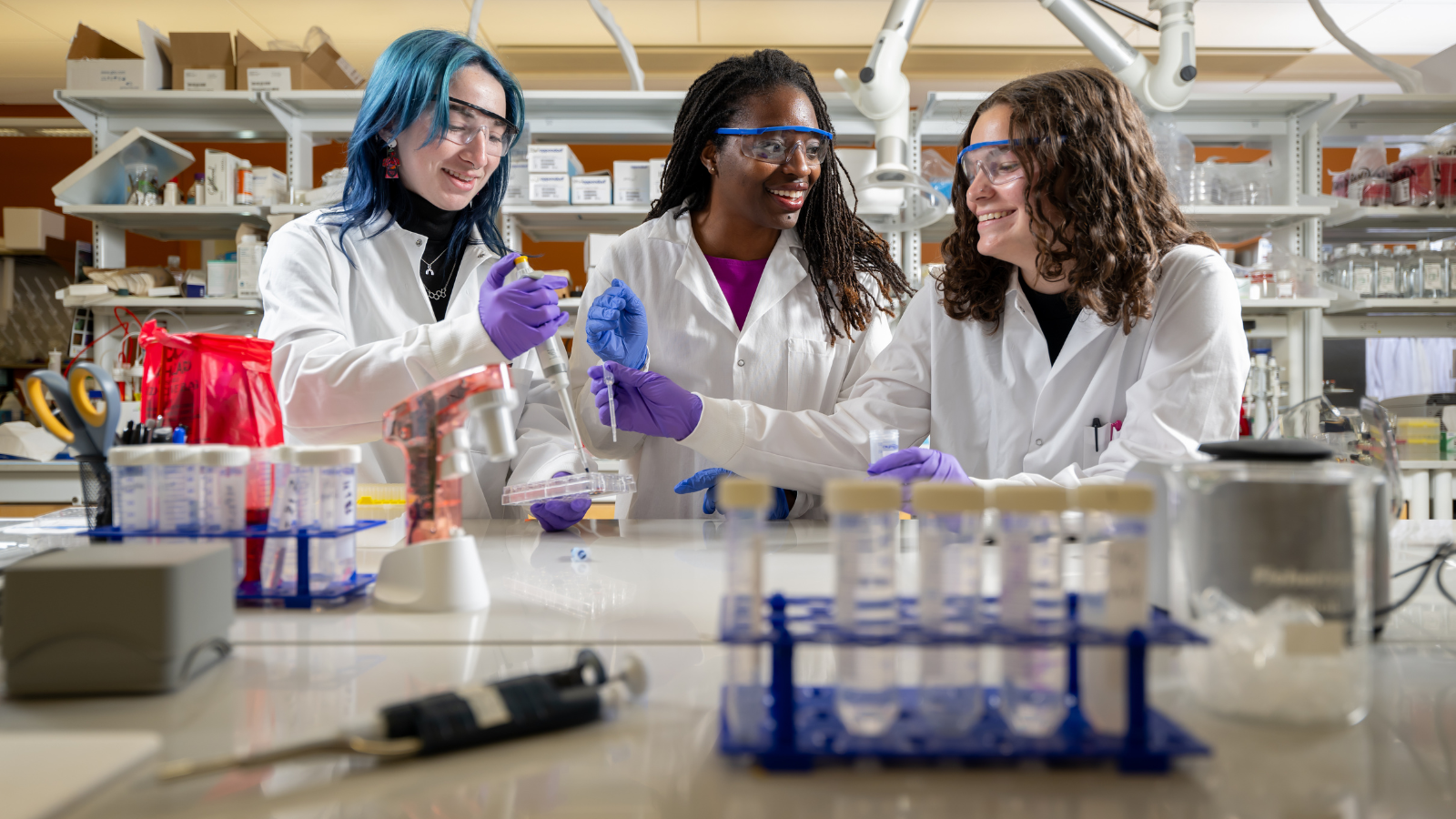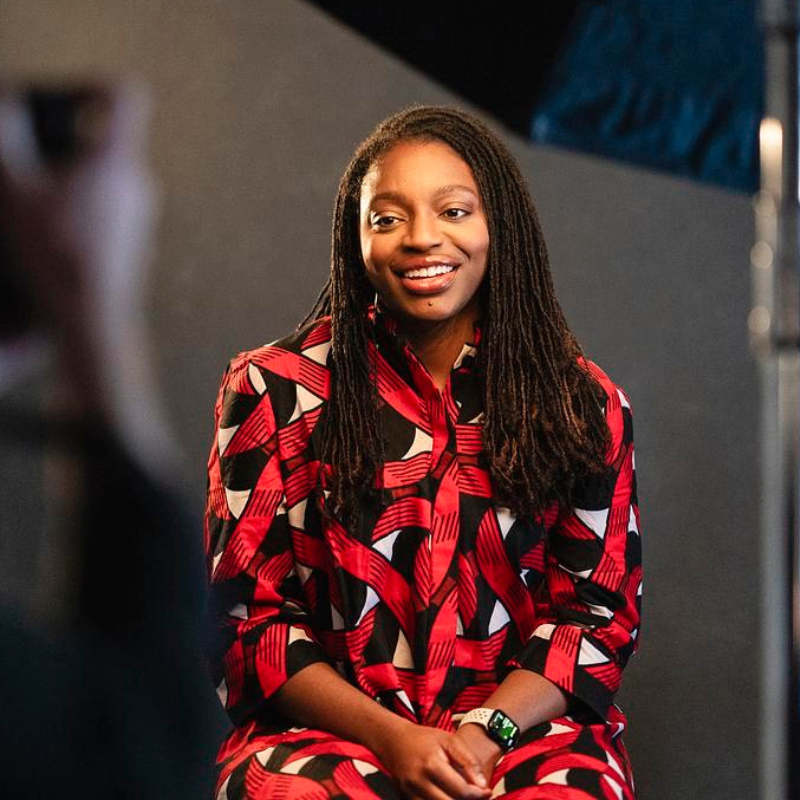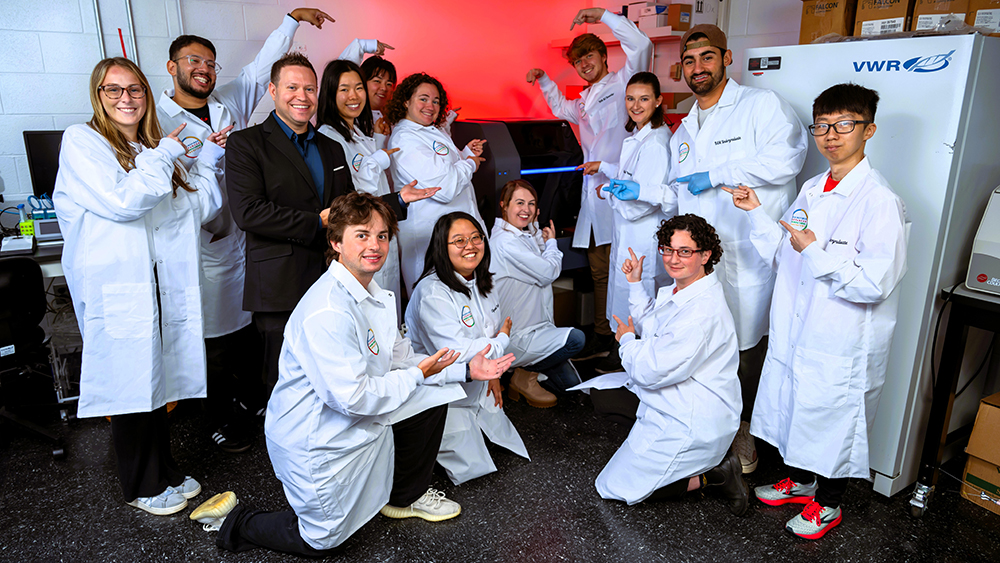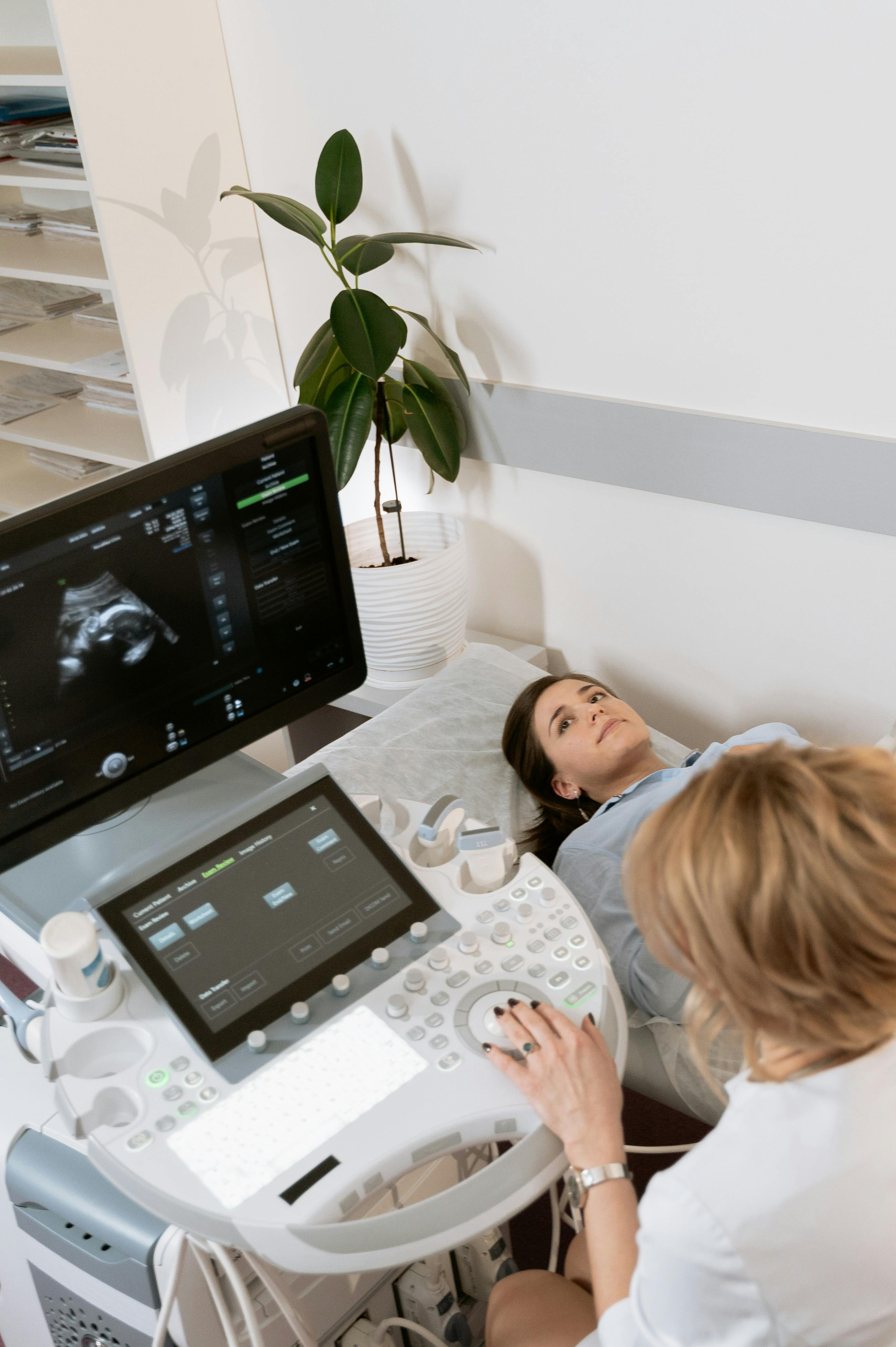News Story
Robert E. Fischell Institute for Biomedical Devices invests $200K in the future of biomedical devices, cultivating up-and-coming investigators and immersing them in successful multidisciplinary teams
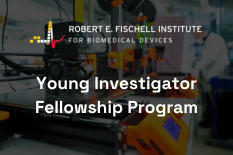
The Robert E. Fischell Institute for Biomedical Devices announces that it is funding three research projects, for a total of $200,000, as part of its Young Investigator Fellowship Program.
The institute awarded its first round of Young Investigator Fellowships in 2021, worth $150,000. Since then, the successful awardees won $4.8 million in follow-up grants.
Designed to bolster young, postdoctoral researchers by pairing them with existing, proven research teams, the fellowship aims to propel the careers of awardees, enabling them to apply for additional grants or faculty positions in the future.
Simultaneously, the program supports multidisciplinary research groups, from across departments, colleges, and universities, that can strategically leverage additional personnel to empower high-impact, translational, and exploratory biomedical device research.
"The Fischell Institute has been successful in developing prototypes through the Fischell Foundry, and the proceeds from this program gives us the ability to make investments in our future, leading to even more successes," said Bill Bentley, director of the Fischell Institute. "The Young Investigator Fellowship brings a new person into the fold to work in a vibrant and multidisciplinary environment, setting them on a path for a bright, independent career."
Selected teams include:
"Continuous Bioaerosol Sensing for Airborne Infectious Disease Mitigation"
Goal: Develop a new technology platform for advanced bioaerosol analysis. The technology will combine bioaerosol capture and virus particle detection in an integrated system designed to enable the continuous monitoring of airborne pathogens as part of a broader effort to reduce the transmission of respiratory disease within indoor environments.
Team members: Kevin Daniels, associate professor, Department of Electrical and Computer Engineering; Don DeVoe, professor, Department of Mechanical Engineering; Greg Duncan, associate professor, Fischell Department of Bioengineering; Don Milton, professor of Environmental Health, Global, Environmental, and Occupational Health (GEOH); Margaret Scull, associate professor, Department of Cell Biology and Molecular Genetics; Jelena Srebric, associate professor, Department of Mechanical Engineering; Proma Bhattacharya, postdoctoral research associate, Department of Mechanical Engineering; and Taj Yeruva, postdoctoral research associate, Fischell Department of Bioengineering.
"AMSTAR-Health: At-Home Mucus Screening Technology to Assess Reproductive Health"
Goal: Develop an at-home test kit that will enable women to screen for markers of preterm birth in the comfort of their own homes. The kit will include a diaphragm-like mucus collection device and a lateral flow assay, similar to how at-home COVID-19 test kits work.
Team members: Katharina Maisel, associate professor, Fischell Department of Bioengineering; Jenna Mueller, assistant professor, Fischell Department of Bioengineering; and Hannah Zierden, assistant professor, Department of Chemical and Biomolecular Engineering.
"3D-Nanoprinted Soft Robotic Microcatheters with Integrated Microfluidic Circuitry for Cerebrovascular Surgery"
Goal: Create novel "soft robotic" guidewires and microcatheters that can be actively steered inside the body during neurosurgical procedures as an alternative to the existing, fixed designs of guidewires and microcatheters, which are challenging to maneuver through blood vessels.
Team members: Ryan Sochol, associate professor, Department of Mechanical Engineering; Eleonora Tubaldi, assistant professor, Department of Mechanical Engineering; and Miroslaw Janowski, professor, Department of Diagnostic Radiology and Nuclear Medicine, University of Maryland School of Medicine.
"The Fischell Institute’s Young Investigator Program exemplifies our commitment to pioneering multidisciplinary research, providing crucial seed funding for innovative projects like bioaerosol sensing, at-home reproductive health screening, and advanced microcatheters,” said Fischell Institute Assistant Director Martha Wang. “We are excited to support collaborative, dynamic teams of proven investigators while integrating new talent, fostering a dynamic environment that advances their independent careers and drives future successes.”
For each fellowship project, the lead principal investigator must also be lead on an active, externally funded multidisciplinary research initiative with three or more team members. In addition, they are required to have submitted two or more invention disclosures in the last 12 months. Teams must also interact with the Fischell Foundry on commercial translation.
By funding successful teams, the program minimizes risk in the assessment phase of device development. It also enables more successful translational grant proposals, such as R33, NIH Catalyze, NSF Convergence, NSF TIP, NIIMBL, and FDA grants, along with Maryland Economic Development Grants (MII Grant and MSC).
“This program is both a funding opportunity and a unique platform for bringing multidisciplinary teams together,” said Bentley. “It’s a chance for teams and collaborators from different colleges and departments to promote their proven strengths and address significant challenges they'd not previously been able to address.”
Published August 27, 2024


